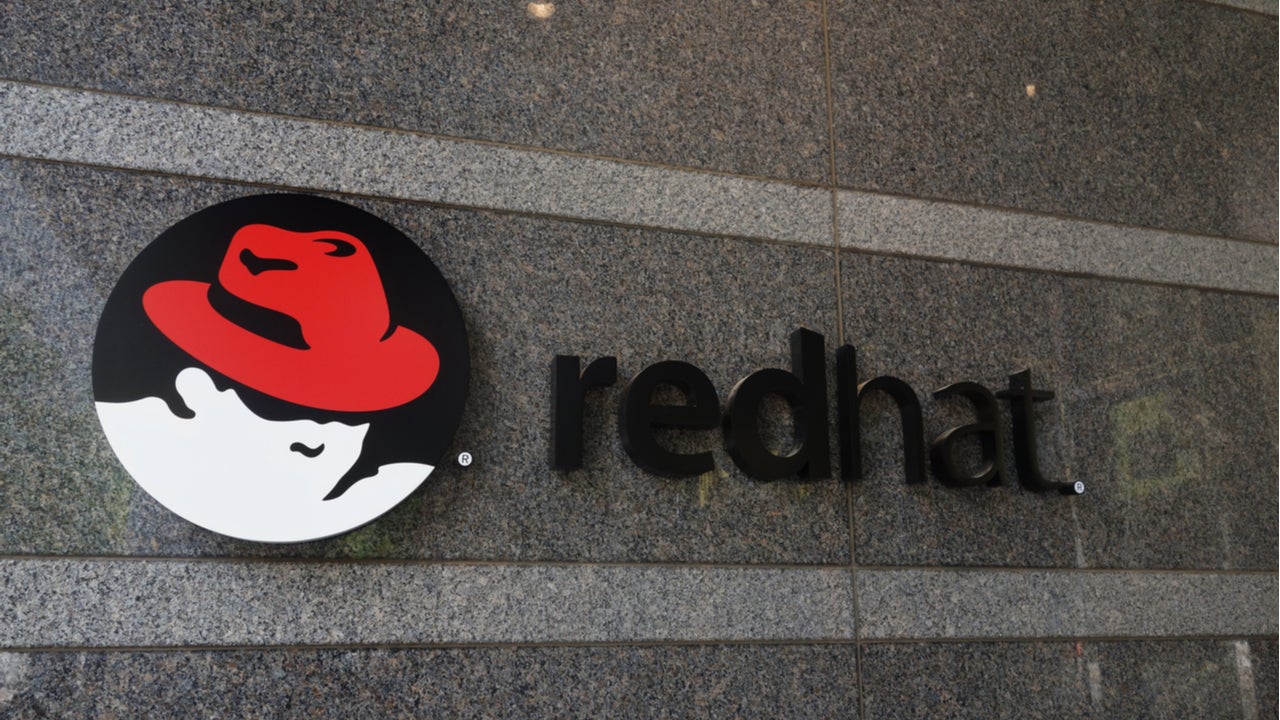
During last week’s Red Hat Summit conference the company rolled out a consolidated application platform that includes best-of-breed API management and mature streaming technology for connecting real-time data between apps and backend systems.
Complex operational requirements are a major deterrent in business transformations. IT buyers must overcome the challenge of assembling solutions that combine and orchestrate both the business software and the infrastructure on which that software runs. Although providers of switching, server, storage, virtualization, and cloud software technology have begun rolling out new solutions supporting better operational provisioning, no single vendor is yet capable of managing the entire lifecycle of this amalgamation.
Red Hat adds managed cloud services to boost integration
During its mega annual conference, Red Hat highlighted the increased role of its managed services in helping customers navigate those hurdles, from refactoring applications to infrastructure configurations and backend systems integration and connectivity.
Initially released two years ago as OpenShift Dedicated, the company added three new managed cloud services (API management, Streams for Apache Kafka, and Data Science) highlighting its strengths in integration. Additionally, the company is honing OpenShift platform’s hybrid cloud strategy through deeper integrations with key services including container security (StackRox), observability (Insights), and a more consolidated automation platform (Ansible).
Red Hat OpenShift plays into a larger market segment GlobalData calls Application and Platform Lifecycle Management (APLM), representing a growing and highly competitive IT market segment. The term reflects the convergence of several technologies and technology initiatives, including modern application development platforms, hybrid cloud environments that integrate private cloud architectures with one or more public clouds, and the orchestration, automation, securing, and integration of business and IT systems. Together, all of these aim to support increasingly complex distributed systems under a continuous integration/continuous delivery (CICD) model, which ultimately affect business outcomes and associated customer experiences.
Lifecycle-complete cloud platform
Red Hat recognizes the need for a lifecycle-complete cloud platform that supports customer and partner development, deployment, hosting, and management, as demonstrated via Red Hat OpenShift integrations with IBM Cloud Paks which enhance its Kubernetes service.
How well do you really know your competitors?
Access the most comprehensive Company Profiles on the market, powered by GlobalData. Save hours of research. Gain competitive edge.

Thank you!
Your download email will arrive shortly
Not ready to buy yet? Download a free sample
We are confident about the unique quality of our Company Profiles. However, we want you to make the most beneficial decision for your business, so we offer a free sample that you can download by submitting the below form
By GlobalDataThrough Red Hat Advanced Cluster Management (ACM) for Kubernetes, Red Hat re-evaluated its cloud-native management, allowing organizations to further extend and scale Red Hat OpenShift with enterprise-grade management capabilities across hybrid and multi-cloud environments, as well as delivering built-in policy-driven automation for security, governance and multi-cluster and application lifecycle management for OpenShift deployments.
As vendors embrace APLM opportunities, some are rolling out new and more flexible models for delivering and managing IT solutions on behalf of their customers, such as Red Hat OpenShift Dedicated and Amazon Managed Streaming for Apache Kafka (MSK). These evolving delivery and management models extend to hybrid and multi-cloud solutions, as well as associated tools for infrastructure and application management; they include vendor-managed private/hybrid cloud, vendor-hosted, and pay-per-use solutions.





Related Company Profiles
Red Hat Inc